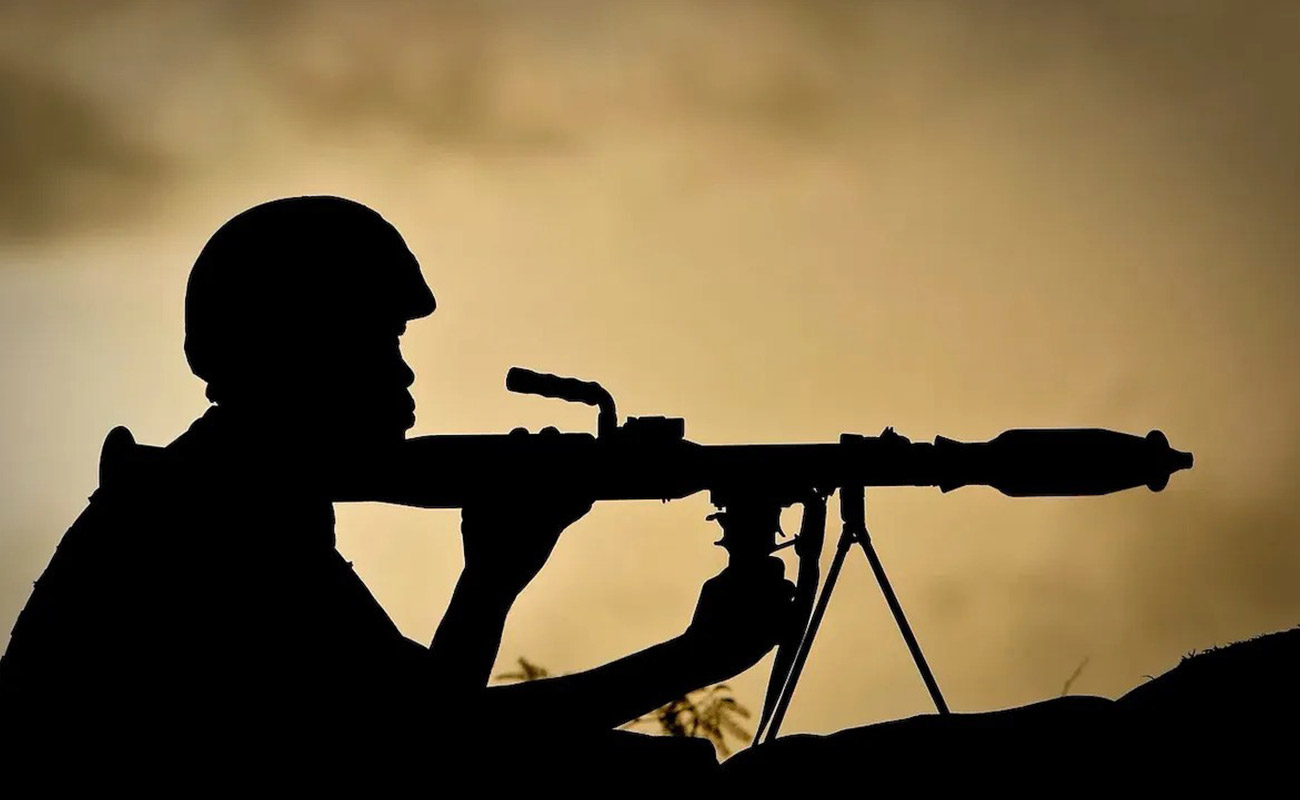
By Unwana Samuel
Recent reports from Ukraine’s Defense Intelligence suggest that Russia is ramping up efforts to recruit mercenaries from Africa to help with its frontline operations in Ukraine. According to these reports, the mercenaries are citizens of Rwanda, Burundi, Congo, and Uganda. They are promised a monthly payment of $2,000 to $2,200 and the opportunity to obtain Russian citizenship for themselves and their families. Some analysts believe that this recruitment drive shows Russia’s efforts to fill the manpower gaps caused by significant losses and to support offensive actions on multiple fronts simultaneously.
The presence of African mercenaries in the Russian military has been observed since 2023 with the establishment of the “Russian Africa Corps.” With more than 2,000 soldiers and officers, the group is said to work in conjunction with the Russian army and Storm-Z units.
Russo-African Relations: An Overview
Russo-African relations have been dynamic, reflecting a mix of cooperation, tension, and neutrality. During the Cold War, Russo-African relations were characterized by significant diplomatic, economic, and military engagement. The Soviet Union actively supported various African liberation movements, providing military equipment, training, and advisors to countries fighting for independence from colonial rule. This support was part of the Soviet Union’s broader strategy to expand its influence and counter Western powers, particularly the United States and its allies.
However, the end of the Cold War and the subsequent dissolution of the Soviet Union in 1991 led to a significant reduction in Russian engagement with Africa. The newly formed Russian Federation faced economic challenges and focused on internal reforms and building closer ties with Western countries. This period of disengagement lasted until the late 1990s when Russia began to reassert its presence in Africa under the leadership of President Vladimir Putin.
Lately, Russia has done this through military and security partnerships. Countries like Mali and the Central African Republic (CAR) have signed agreements with Russia for military support. This includes training, intelligence, and equipment involving the Wagner Group – a Russian military company.
The Russia-Africa Summit in 2019 saw participation from over 50 African countries. However, that number dropped significantly in 2023, when another meeting was held.
This segues nicely to the next point-which is that the ongoing conflict in Ukraine has strained some of these ties. For instance, Russia’s withdrawal from the Black Sea Grain Initiative, which allowed the export of grain from Ukraine, impacted food security in many African countries. This decision was met with strong criticism from nations like Kenya. While some African countries have shown support or neutrality towards Russia, others have been more critical. For example, South Africa has called for a negotiated solution to the Ukraine conflict.
Currently, while Russia seeks ties with African nations, the geopolitical landscape (considering China and the West), and the Ukraine conflict have introduced complexities into these relationships.
Any precedence for this?
Russia has used unconventional and controversial methods to replenish its military forces in the past. It has continuously relied on using its prison population to support its war efforts. According to The Washington Post, in October, Russia’s Deputy Justice Minister Vsevolod Vukolov mentioned that the country’s prison population had dropped to an all-time low of 266,000. Before the war, the prison population in Russia was 420,000. The recruitment of inmates by Russia has been so extensive that it has led to the closure of some prisons. As reported by the Russian newspaper Kommersant, a local official informed lawmakers in March that certain prisons had to be shut down due to “a one-time large reduction in the number of convicts.”
What’s at stake?
The reported use of migrants to bolster Russia’s military raises serious human rights concerns for Africans. Forcibly conscripting or coercing foreign nationals to fight in war through deceptive means is a grave violation of human rights.
Meanwhile in Russia, many African migrants are reportedly being threatened with deportation. Many students’ education could be put on hold. According to FirstPost, there are currently about 35-37,000 African students in Russia. People’s sources of livelihood could be jeopardized. Moreso, joining such conflict is life-threatening, able to tear families apart permanently.
In summary, reports of these actions taken by the Russian military could erode the trust and confidence that certain African countries have in Russia’s diplomatic efforts. This could lead these countries to view Russia as aggressive and manipulative, potentially straining the relationships that Russia has been working to build with African nations.
How are Africans responding to this?
Many Africans are thinking of the push and pull factors that give room for this. Some emphasize the need to look inward and develop their nations, to reduce such dependence on foreign amenities. Some also emphasize that even if they are to migrate, they should do so through legal and proper means, to avoid being under the mercy of anyone threatening them in cases like these. Some also condemn the “grass is greener on the other side” belief/mindset that makes people unnecessarily desperate, driving them into these situations.
